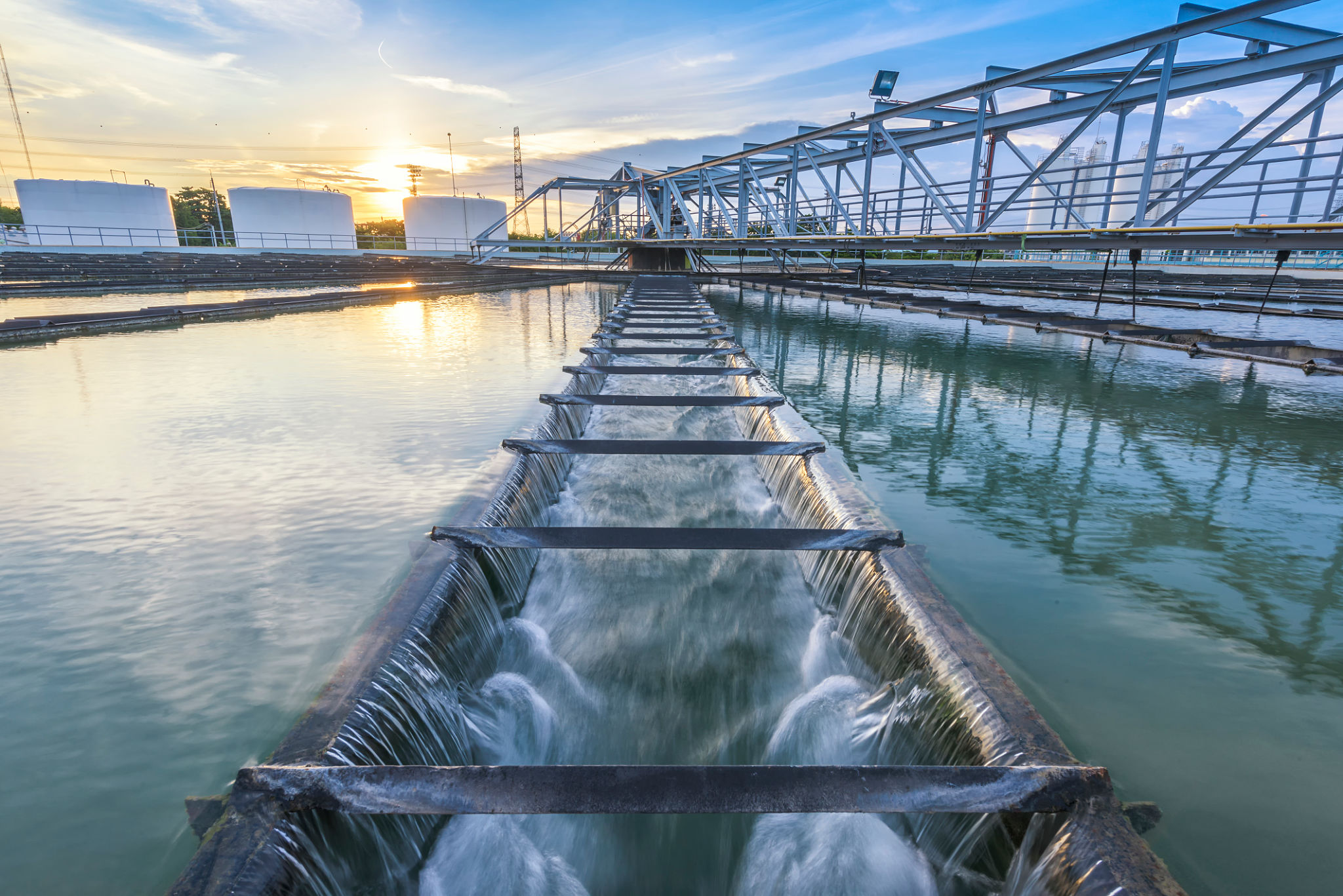Expert Tips for Selecting the Right Water Management Technology for Your Industry
Understanding Water Management Technology
In today's rapidly evolving industrial landscape, effective water management is more crucial than ever. With increasing environmental regulations and the need for sustainable practices, industries across the globe are turning to advanced water management technologies. However, selecting the right technology can be challenging. Understanding the fundamentals of water management technology is the first step towards making an informed decision.
Water management technology encompasses a wide range of tools and systems designed to optimize water usage, reduce waste, and ensure compliance with environmental standards. From smart sensors to advanced filtration systems, these technologies offer solutions tailored to various industrial needs.

Identifying Your Industry's Water Management Needs
Every industry has unique water management requirements. Whether you're in manufacturing, agriculture, or energy production, understanding your specific needs is essential. This involves assessing factors such as the quantity of water used, the quality required, and the type of waste produced.
Begin by conducting a thorough analysis of your current water usage patterns. Identify areas where improvements can be made and potential challenges that might arise. Involve key stakeholders from different departments to gain a comprehensive understanding of your water management needs.
Evaluating Technology Options
Once you have a clear understanding of your needs, it's time to evaluate the available technology options. With numerous technologies on the market, selecting the right one can be overwhelming. Consider the following steps to streamline your evaluation process:
- Research: Gather information on the latest technologies and trends in water management.
- Compare: Evaluate different technologies based on their features, benefits, and costs.
- Consult Experts: Engage with industry experts or consultants to gain insights into the most suitable technologies for your industry.

Considering Cost and ROI
Cost is a significant factor when choosing water management technology. It's important to weigh the initial investment against the long-term benefits. Consider the potential savings in water usage, reduction in waste disposal costs, and compliance with regulatory requirements.
Calculate the return on investment (ROI) by comparing the total cost of ownership with the expected financial and operational benefits. This will help you determine if the technology will provide a worthwhile return over its lifespan.
Ensuring Scalability and Flexibility
As your business grows, your water management needs may change. It's crucial to choose a technology that offers scalability and flexibility. Look for systems that can be easily upgraded or expanded to accommodate future needs.
Additionally, consider technologies that integrate well with existing systems and processes. This will minimize disruptions and ensure a seamless transition when implementing new solutions.

Prioritizing Sustainability and Compliance
Sustainability should be at the forefront of your decision-making process. Opt for technologies that not only improve efficiency but also minimize environmental impact. Consider systems that promote water recycling and reuse, reducing your overall footprint.
Compliance with industry regulations is non-negotiable. Ensure that any technology you select meets or exceeds regulatory standards. This will prevent potential legal issues and protect your company’s reputation.
Implementing and Monitoring Your Chosen Technology
Once you've selected the appropriate technology, it's time to implement it. Develop a detailed implementation plan that includes timelines, responsibilities, and milestones. Ensure that your team is adequately trained to operate and maintain the new system.
Ongoing monitoring is essential to maximize the benefits of your chosen technology. Regularly review performance metrics and make adjustments as needed to optimize efficiency and effectiveness.
Conclusion
Selecting the right water management technology requires careful consideration of your industry’s specific needs, cost implications, scalability, sustainability, and compliance requirements. By following these expert tips, you can make an informed decision that enhances your operational efficiency while contributing to a more sustainable future.
